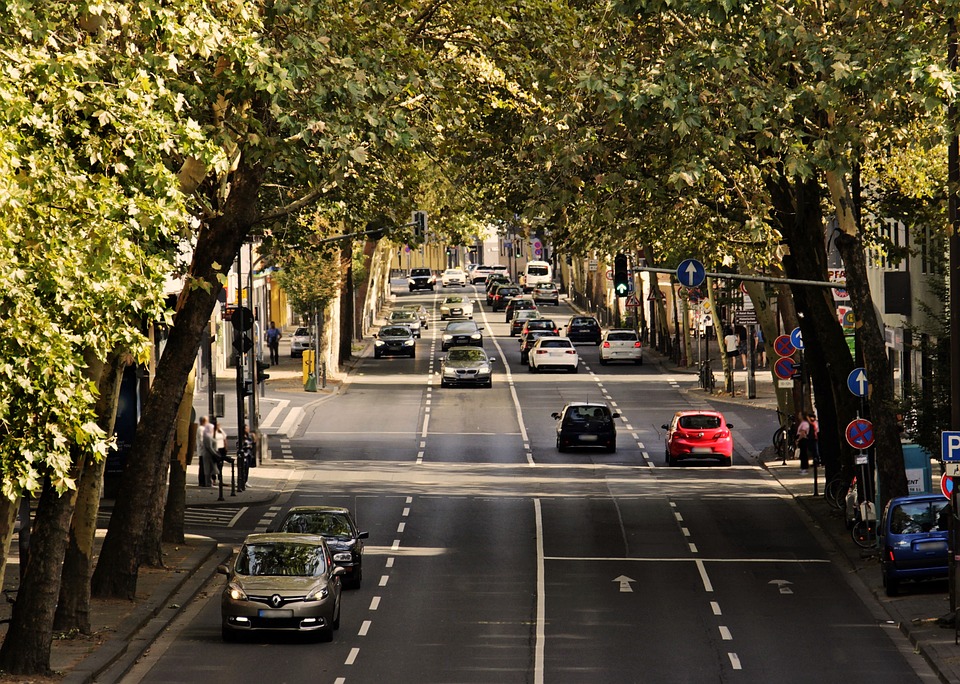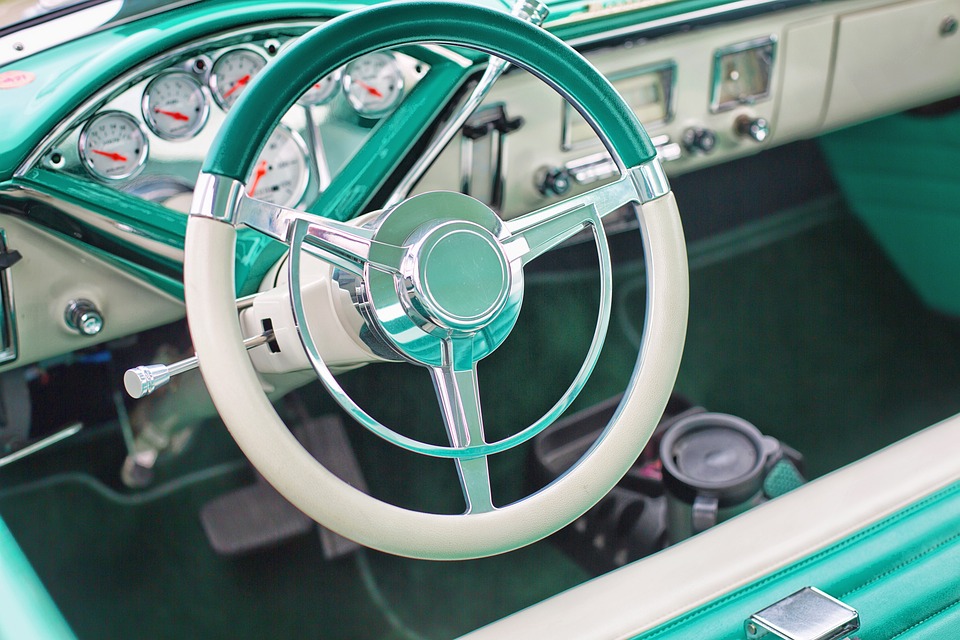So you’ve been thinking about getting your car tuned, but you’re not quite sure where to start. You’ve heard about stage 1, stage 2, and stage 3 tunes, but you’re not sure what the differences are or which one is right for your car. Well, you’ve come to the right place! In this article, I’m going to break down the differences between stage 1, stage 2, and stage 3 tunes, and help you figure out which one is the best fit for your car. By the time you finish reading, you’ll have all the information you need to make an informed decision about tuning your car.
With over 10 years of experience in the car tuning industry, I’ve seen and heard it all. Since 2013, I’ve been helping car owners improve their vehicle’s performance with the right tune for their specific needs. I’ve spent countless hours researching and testing various tuning options, and I feel confident in my ability to provide you with the information you need to make the best decision for your car. In my opinion, there’s no one-size-fits-all answer when it comes to tuning, and I’m here to help you navigate the sometimes overwhelming world of car tuning.
Title: Stage 1 vs Stage 2 vs Stage 3 Tune: Which is Best for Your Car?
Introduction to Car Tuning
Car tuning has become an increasingly popular way to boost performance and personalize your vehicle. With the rise of aftermarket tuning companies and the availability of tuning kits, car owners have more options than ever to enhance their driving experience. However, with different stages of tuning available, it can be challenging to determine which is best for your car. In this article, we will explore the differences between Stage 1, Stage 2, and Stage 3 tuning and help you decide which option is best suited for your vehicle.
Understanding Stage 1 Tuning
Stage 1 tuning is the most basic level of tuning and typically involves making simple modifications to the engine’s electronic control unit (ECU) or the installation of a performance air filter and exhaust system. These modifications are designed to improve horsepower and torque without drastically altering the vehicle’s reliability or drivability. Stage 1 tuning is ideal for car owners who are looking for a slight performance boost without significantly impacting their daily driving experience. However, it is essential to note that while Stage 1 tuning is relatively straightforward, it may not provide the same level of performance gains as more advanced tuning stages.
Exploring Stage 2 Tuning
Stage 2 tuning takes things a step further by incorporating additional modifications such as upgraded fuel injectors, intercoolers, and turbochargers. These enhancements are intended to maximize the car’s power output and improve overall performance. Stage 2 tuning is suitable for car enthusiasts who are seeking a more significant increase in horsepower and torque and are willing to invest in more extensive modifications. While Stage 2 tuning offers substantial performance gains, it is essential to consider the potential impact on the vehicle’s reliability and longevity, as the increased stress on the engine and drivetrain may result in accelerated wear and tear.
Delving into Stage 3 Tuning
Stage 3 tuning represents the highest level of performance modification and often involves significant alterations to the engine, including the installation of high-performance camshafts, forged pistons, and upgraded turbochargers. This level of tuning is reserved for serious enthusiasts and competitive drivers who are willing to sacrifice some level of comfort and drivability for maximum power and performance. While Stage 3 tuning can deliver unparalleled horsepower and torque gains, it is crucial to understand the potential downsides, including increased maintenance requirements and reduced fuel efficiency.
Choosing the Right Tune for Your Car
When deciding between Stage 1, Stage 2, and Stage 3 tuning, it is essential to consider your driving habits, performance goals, and budget. If you are primarily focused on daily driving and are seeking a modest performance boost, Stage 1 tuning may be the best option for you. On the other hand, if you are looking for a significant increase in power and are willing to make more extensive modifications, Stage 2 tuning may be worth considering. However, if you are a seasoned enthusiast or competitive driver seeking the ultimate in performance, Stage 3 tuning may be the most suitable choice, provided you are willing to accept the potential trade-offs in comfort and maintenance.
At TruckingCareers.org, we have over a decade of experience in the automotive industry, providing expert guidance and resources for car enthusiasts and professionals alike. Our team of industry veterans is dedicated to helping individuals make informed decisions about car tuning and performance enhancement. Whether you are a newcomer to car tuning or an experienced enthusiast, our extensive knowledge and expertise can help you navigate the complex world of automotive upgrades and modifications. By leveraging our insights and resources, you can confidently choose the right tune for your car and unlock its full potential on the road.
FAQs on Stage 1 Tune Vs Stage 2 Tune Vs Stage 3 Tune
1. What is a Stage 1 tune?
A Stage 1 tune is a basic software upgrade that improves the performance of a car’s engine.
2. What is a Stage 2 tune?
A Stage 2 tune typically includes hardware upgrades in addition to the software upgrade, providing a more significant increase in performance.
3. What is a Stage 3 tune?
A Stage 3 tune is the most advanced level of tuning, often requiring extensive engine modifications for maximum performance gains.
4. What are the benefits of a Stage 1 tune?
A Stage 1 tune can improve horsepower and torque, throttle response, and overall driving experience.
5. How do I choose between Stage 1, Stage 2, or Stage 3 tune?
The decision should consider your driving needs, budget, and willingness to modify your car’s engine.




